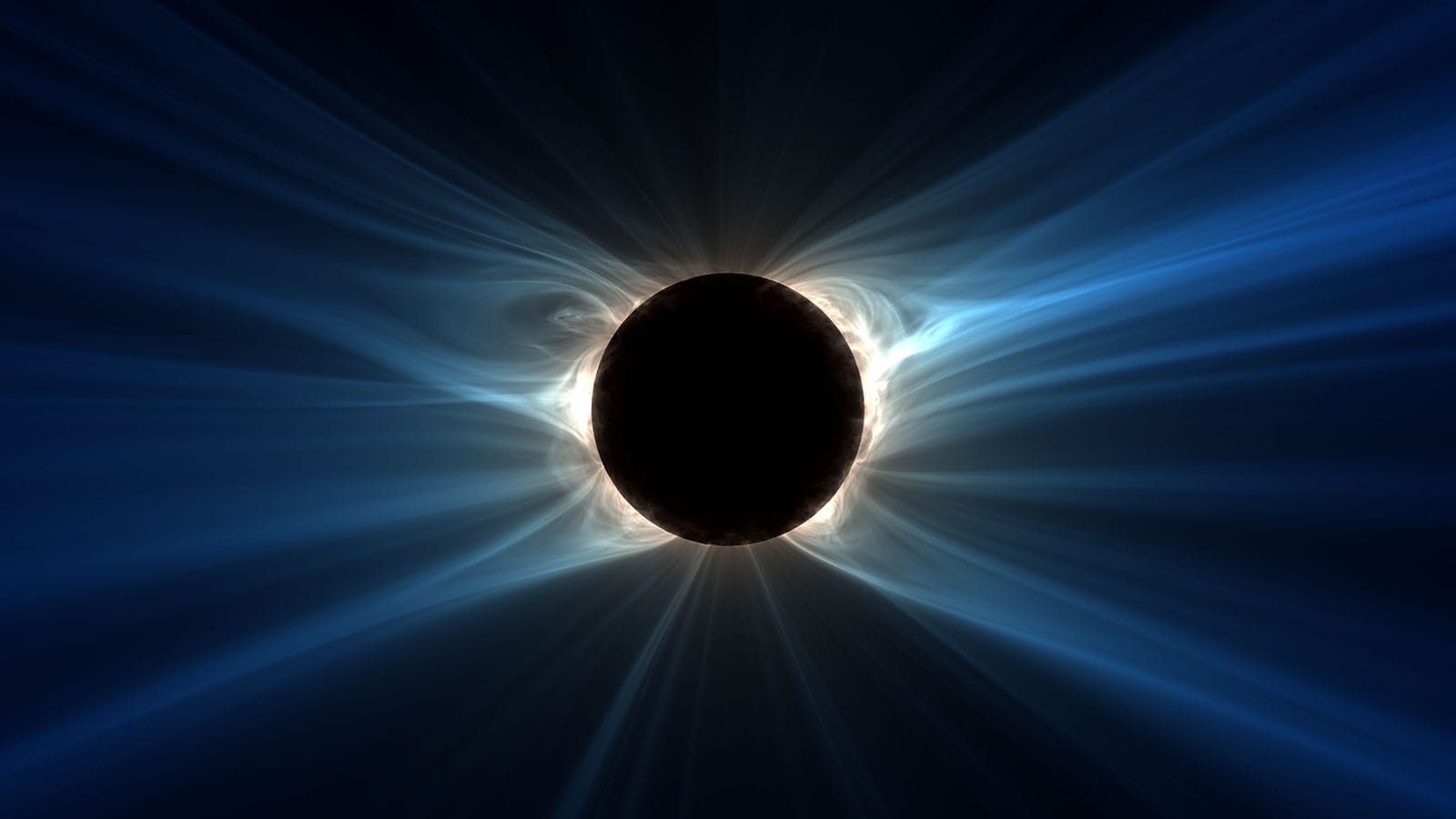The prospect of human life on other planets has transitioned from the realm of science fiction to a tangible goal for space agencies and private enterprises alike. As we prepare for missions to Mars, the Moon, and beyond, one fundamental aspect of our existence on Earth is often overlooked: timekeeping. The clocks that govern our daily lives are based on Earth’s rotation and orbit around the Sun, but these systems may not be applicable in the diverse environments of other celestial bodies. Thus, if we aim to live on other worlds, we must consider the need for new clocks that can accurately measure time in these alien environments.
The concept of time is deeply rooted in Earth’s natural rhythms. Our 24-hour day is a product of the planet’s rotation, while the calendar year is based on its revolution around the Sun. However, other planets have different rotational speeds and orbital periods. For example, a day on Mars lasts approximately 24 hours and 37 minutes, while a year on Mars is nearly twice as long as a year on Earth. This discrepancy raises questions about how we would measure time on Mars and other celestial bodies, emphasizing the need for new timekeeping systems.
One of the primary challenges of timekeeping in space is the varying gravitational forces and environmental conditions found on different planets. The experience of time can be affected by factors such as gravity, speed, and even the presence of magnetic fields. For instance, Einstein’s theory of relativity posits that time can pass at different rates depending on the gravitational field strength and the observer’s velocity. This means that a clock on the surface of Mars could tick at a different rate than one on Earth, complicating synchronization efforts for missions that involve both planets.
Moreover, the absence of a consistent day-night cycle on planets with unusual rotations or axial tilts further complicates timekeeping. For example, Venus has a very slow rotation, taking about 243 Earth days to complete one rotation, while its orbit around the Sun takes about 225 Earth days. This results in an extended day-night cycle that would challenge our conventional understanding of time. To adapt to these conditions, we would need to develop clocks that can account for these variations and provide a reliable measure of time for activities such as navigation, communication, and scientific research.
The need for new clocks is not merely an academic concern; it has practical implications for future space missions. Accurate timekeeping is essential for coordinating activities among astronauts, ensuring the safety of operations, and conducting scientific experiments. For instance, if astronauts are conducting experiments that require precise timing, such as growing plants or conducting chemical reactions, any discrepancies in timekeeping could lead to inaccurate results or even hazardous situations.
In response to these challenges, scientists and engineers are exploring various approaches to develop clocks that are adaptable to different planetary environments. One potential solution is to create atomic clocks that can operate in a range of conditions, including varying temperatures and gravitational forces. Atomic clocks are currently the most accurate timekeeping devices known, and advancements in this technology could enable us to maintain precise time even in the harsh conditions of space.
Additionally, researchers are investigating the use of pulsars—highly magnetized rotating neutron stars that emit beams of electromagnetic radiation—as cosmic clocks. Pulsars have incredibly stable rotation periods, making them potential candidates for universal timekeeping in space. By using pulsars as reference points, we could establish a timekeeping system that transcends the limitations of planetary rotations and orbits.
As we look toward the future of space exploration and the possibility of establishing human settlements on other worlds, the development of new clocks will be essential. These timekeeping devices must be capable of adapting to the unique conditions of each celestial body while maintaining accuracy and reliability. The challenges of timekeeping in space underscore the complexity of living beyond Earth and the need for innovative solutions to ensure the success of future missions.
In conclusion, if humanity is to thrive on other worlds, we must rethink our approach to timekeeping. The conventional clocks that serve us well on Earth may not be sufficient for the diverse environments of the cosmos. By developing new clocks that can accommodate the unique characteristics of different planets, we can ensure that our exploration of space is guided by precise and reliable measurements of time. As we venture into the unknown, the importance of accurate timekeeping will be paramount in our quest to understand and inhabit the universe.


